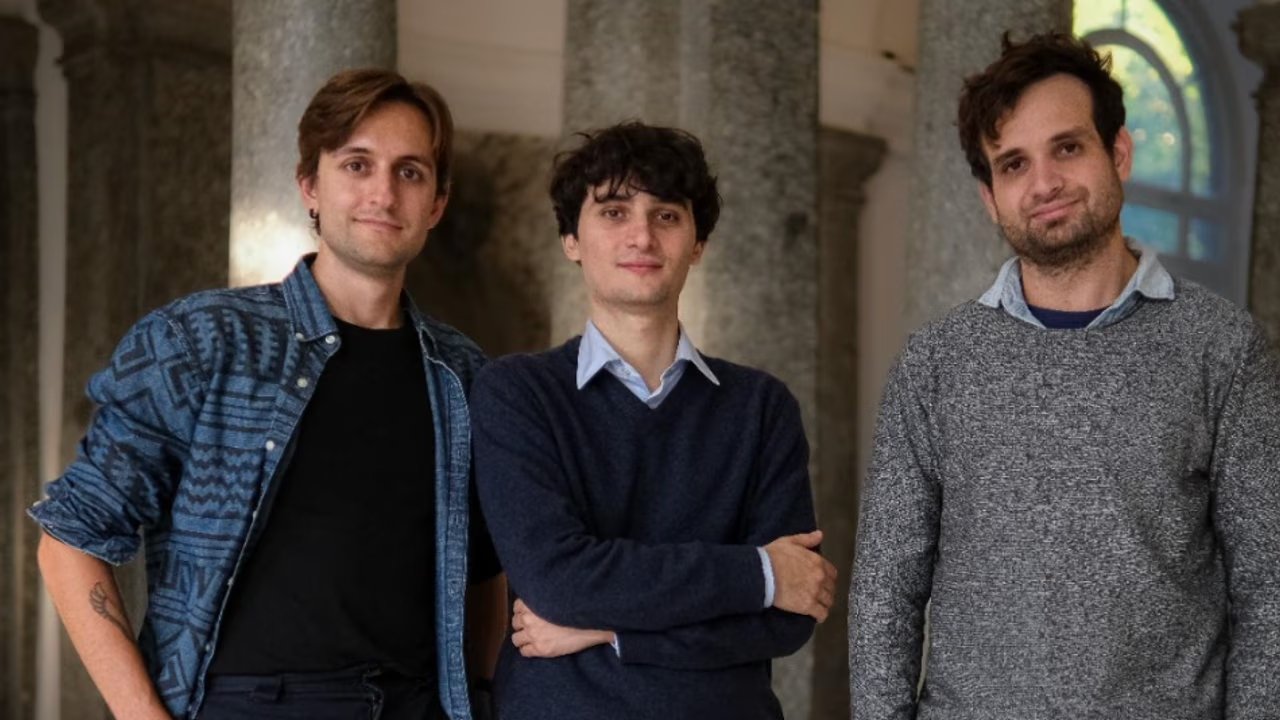One of the major trends in hardware right now is the drive to reduce energy consumption, especially high-performance low compute chips.
Neuronova is a deeptech startup based in Milan that is developing a neuromorphic processor that directly emulates brain function at the hardware level, where neurons and synapses are physical structures on silicon.
The processor makes it possible to perform AI tasks with up to 1.000 times lower energy consumption than current solutions, all within a chip measuring just 3 mm x 3 mm.
I spoke to CEO and co-founder Alessandro Milozzi to find out more.
Neuronova spun out of PoliHub, an incubator for startups at Politecnico Milano. Milozzi notes:
"They had a program that intrigued me, so I decided to participate. I formed a team of three with PhDs, and we worked hard on our idea.
We won the pitch competition for our cohort and secured our first grant of €30,000 to kickstart the company."
What are neuromorphic microchips?
Neuromorphic microchips are a step up from classical computing architecture and aim to replicate the brain's efficiency in processing information by creating brain-inspired architecture.
They utilise artificial neurons and synapses to process and transmit information, much like the biological neural networks found in living organisms.
Neuromorphism is a rising trend in chip development and computer vision and depth perception in robotics.
In the example of neuromorphic chips, their design makes computing more flexible, leading to more adaptable systems.
For example, data is processed and stored together on each individual neuron, avoiding the potential bottlenecks when transferring data between separate processing and memory components.
Neuromorphic chips enable AI-driven applications to run directly on the edge of IoT devices, reducing the need for constant data transfers to central servers. They make real-time data processing possible and can learn and evolve over time, making them suitable for dynamic environments where conditions change frequently.
What are the pain points with existing chip computing power?
According to Milozzi, today, most devices lack the computational power to handle computationally intensive tasks—like voice recognition, translation, or audio processing — the company's current focus –locally.
"If they try, the power consumption is so high that the battery cannot sustain the operation. This is where our technology comes in.
Imagine you have a device powered by a battery, and all the energy it uses comes from that battery. We provide a chip that reduces power consumption by a factor of 1,000, enabling the device to perform these tasks locally while consuming far less energy. This means you get more intelligence with less power."
In the case of speech recognition, many devices rely on the cloud for data processes, sending data back and forth between the cloud and the device, introducing delays which are problematic in real-time applications like hearing aids.
For hearing aids, for instance, cleaning up voice signals for someone with auditory issues becomes impractical with cloud reliance due to delays and concerns over security, privacy, and battery life during data transmission.
Milozzi details:
"We aim to process data directly on the device, eliminating the need for cloud dependency. The problem is that current hardware can't sustain these tasks—it's either too power-hungry or too limited in computational ability. That's where we come in.
Our chip is optimised for sensor processing, enabling devices to handle previously impossible tasks."
In another example, while Neurnova doesn't aim to replace smartphone electronics, it can complement existing components; for instance, in a smartphone "where chips from 17-18 different suppliers are used, our chip can be added to enhance the device's capabilities exponentially."
Further use cases include health monitoring through smart sensors, or applications for smart cities and smart agriculture with intelligent, even battery-free sensors.
It effectively sets a new upper limit on the possibilities of smart devices and sensors.
Neuronova's chip is CMOS-compatible, meaning it works within the constraints of existing CMOS fabrication technologies. This means they can be produced in conventional semiconductor foundries without requiring specialised or expensive modifications.
Miloozzi explains:
"This approach allows us to focus on high-volume production without relying on cutting-edge manufacturing nodes. We don't need the latest fabrication technologies from Taiwan or similar foundations.
The true innovation lies in the architecture—specifically, how we design neurons and synapses. We can achieve a performance that is 1,000 times better than the best hardware available today."
An opportunity for location chip innovation
By focusing on tools and processes locally, Nevonova has built a strong foundation for its company and Europe chip innovation.
"Nearly 99% of the chip's design and processing happens in Italy, which is fundamental to strengthening Europe's position in the semiconductor industry."
Miloozzi notes that this enhances Italy's competitiveness.
"Italian universities produce incredibly talented people and foster innovation, proving we don't always need to rely on fabrication centres in Taiwan or the US.
Many people I've met here and abroad have been genuinely impressed by our work, asking for advice and collaboration. Our energy-efficient design is one of the key benefits, showcasing the potential for Italy and Europe to lead in this space."
Miloozzi admits that while "our approach is rooted in our academic research, we aim to go beyond publishing papers or focusing solely on R&D for large corporations — as companies like Intel do with their neuromorphic computing initiatives. Instead, we're taking the core innovations of neuromorphic computing and bringing them directly to market."
The company quickly gained interest from investors in October 2024, raising a €1.5 million Pre-Seed round supported by Tech4Planet and 360 Capital.
Lead image: Neuronova. Photo: uncredited.



Would you like to write the first comment?
Login to post comments